Junior State of America proposes mental health policy after shootings
“Not many teens realize that they can make a positive change in their community, and even in statewide legislation. So I wanted to start this club to bring awareness to different issues … discuss political and social issues with everyone and … bring what is most relevant to our generation to those in the state government,” president and junior Crystal Sung said.
JSA, or Junior State of America, is an international organization that has hundreds of chapters, including the one here at CAHS. “The organization offers a lot of opportunities like going to conventions and increasing dialogue,” Sung said.
JSA meets every Friday in Ms. Taylor’s classroom to discuss current events, politics, ethical issues and even possible policy proposals. “We have different topics that we talk about. So usually, as president, I pick the topic that we talk about every week for discussion. This takes the form of either discussion or debate … [It] isn’t technical; [it’s] a friendly, open discussion of issues and what we can do about them,” Sung said.
While club meetings are relaxed, some preparation is recommended. “Crystal sends out emails with links to different articles … Mostly the preparation is just reading through some content and then developing an opinion,” freshman Delaware Wade said.
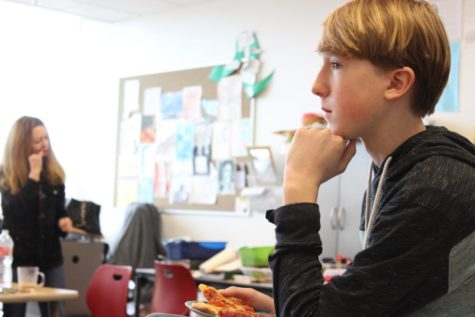
Recently, JSA created a policy proposal addressing the heavily-discussed topic of campus shootings and mental health. “We were concerned about campus shootings. The talk turned to the issue of mental health on campus and the lack of counseling services provided.In most schools, there is no mandate from the state government that there has to be emotional counseling at schools at all, and there’s no limit to the student-to-counselor ratio. So we wanted to formulate a proposal that had a plan of how we [would] mandate and … fund more counseling programs to prevent such tragedies,” Sung said.
After four weeks of discussion and writing, members of the club submitted the policy to their state legislators.
For some people, advocating for a cause in front of others is difficult, especially when the topic is controversial. However, JSA prepares students for discussions about important, national issues. “It can be helpful whenever …. debating with … people about anything political. You can apply that to real life and develop more of an opinion [that’s less reliant on] what other people think [and more] based on what you think about these different events that are occurring. You can broaden your understanding about other people’s opinions,” Wade said.
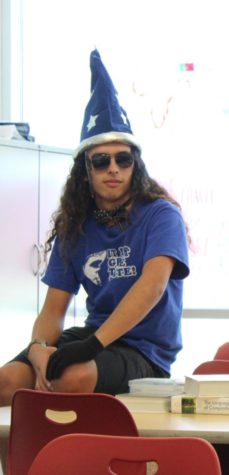


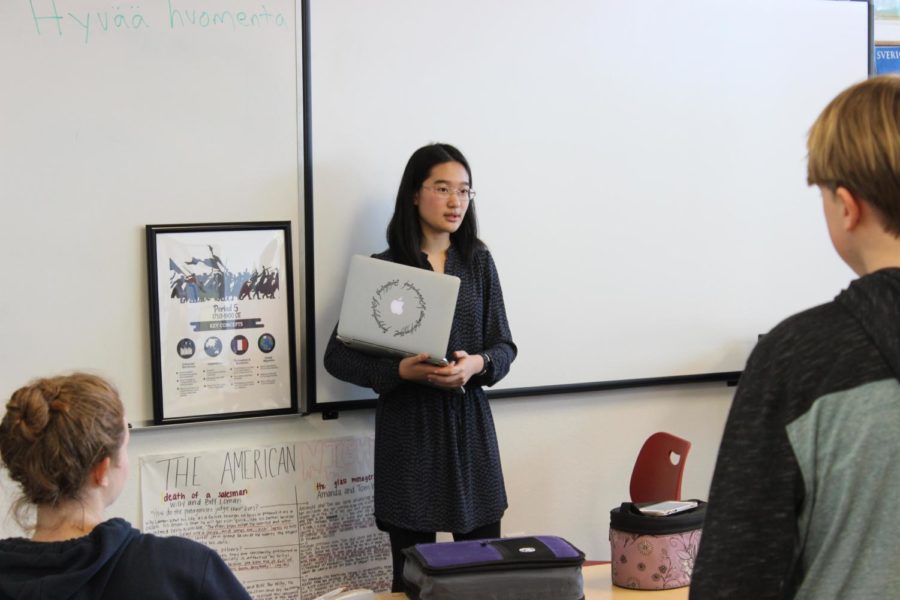

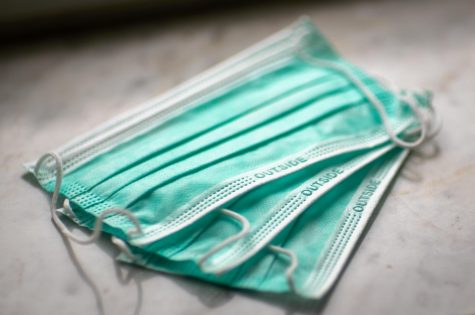
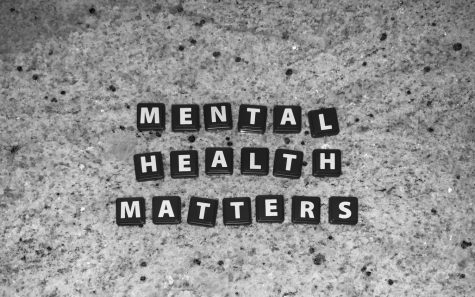

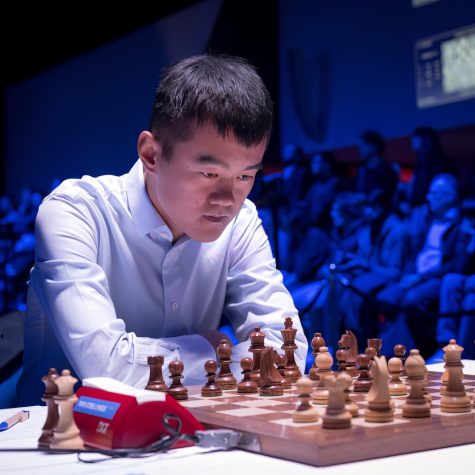


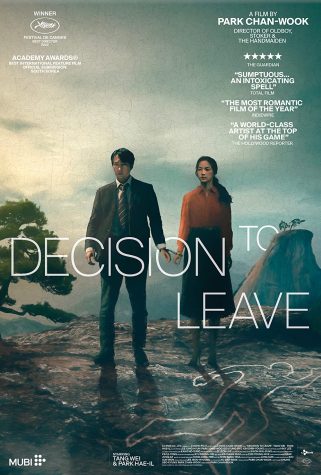

Crystal R. Sung • Mar 12, 2018 at 9:10 pm
oho